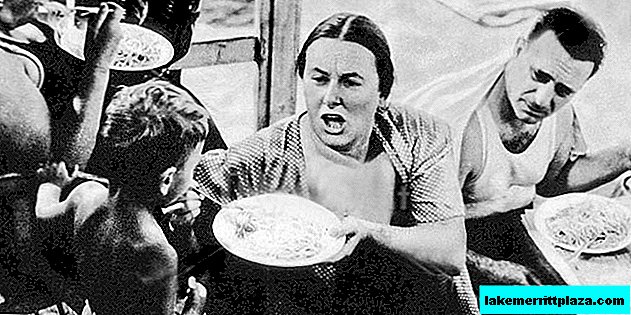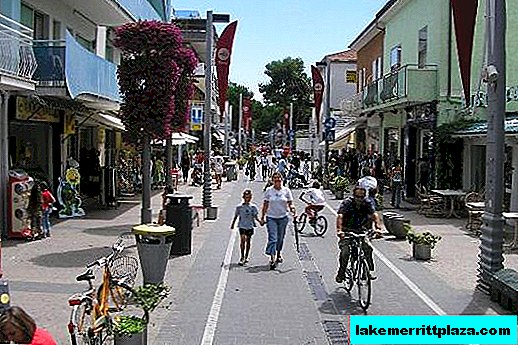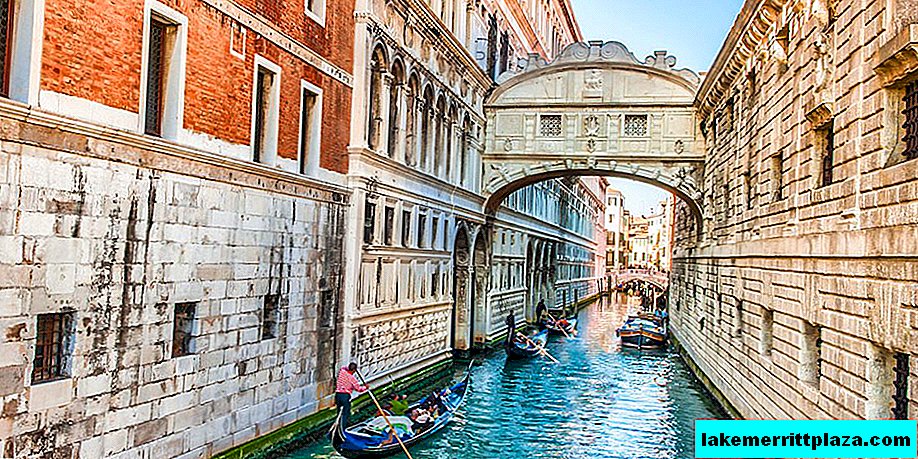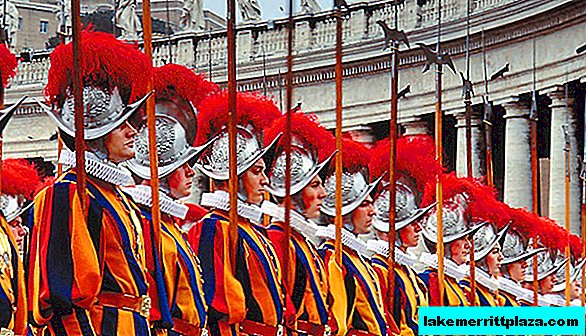According to the good old European tradition, the holiday season falls on August, and therefore, if you are also planning to visit Italy in August, then be prepared for the fact that besides you there will be an incredible number of Italians on the beach.
Weather in Italy in August
The weather in Italy in August pleases with sunny days, and this is the time when the thermometer column reaches, as a rule, its highest point. This is especially true for the southern regions of Italy, while in the north the peak of temperatures is often held in July.
However, whether this news is good or bad depends on the purpose of visiting Italy in August. If the main thing is the beach, then that means you have calculated correctly. If the purpose of the trip is attractions, then the high temperatures that are felt especially strongly in the city are unlikely to add you a pleasant experience on tourist sites.
As we have already noted, August is a traditional holiday time for Italians themselves. After the hot July, everyone who can escape from the city tries to make the most of this opportunity, going to the mountains, nature or the beach. That is why visitors sometimes catch themselves thinking that there are more tourists in cities than Italians themselves. In some cases, this is true.
It may sound strange, but air conditioners still have not become an invariable attribute of Italians' life, and although their number is large, it will be worthwhile to make sure that it is available in your hotel room. In Italy, high temperatures are often accompanied by no less high humidity, and therefore the presence of air conditioning is really important.
Temperature in Italy in August to a large extent depends on the region of residence and may fluctuate, however, in the general case, the framework can be defined as follows:
Temperature in Rome in August: + 25-32С
Temperature in Venice and Milan in August: + 23-30С
Temperature in Naples in August: + 26-33С
August events
In addition to the fact that August is the holiday season, this month the Italians celebrate one of the most revered holidays - Ferragosto or Assumption of the Virgin. It is considered a national holiday and falls on the 15th. The locals, remaining by this time in the cities, are trying to close shops and benches in order to spend time with their families. However, if you are a tourist, you are unlikely to lose much: Ferragosto is celebrated in many places in Italy on a large scale, and celebrations often end with fireworks.
August is also famous for the second round of the Palio in Siena, which falls on the 16th - a colorful and large-scale event, the basis of which is the traditional horse racing, attracts many tourists to the city who have heard about the scope and extraordinaryness of the event. In August, the Verona Opera Festival continues.
In general, the August program in Italian cities is rich and diverse, and wherever you are on the Apennines, it makes sense to pay attention to the Posters and check the layouts in tourist offices. In the month when all of Italy traditionally experiences the greatest influx of tourists, each city tries to diversify its program to the maximum in order to earn money on newcomers under the sunset of the season.
Summary
Stories about the heat and Italians leaving the city for the sake of the beaches may well raise doubts among hesitant tourists about whether to go to Italy in August? However, one really good reason needs to be paid tribute to setting off this particular month — paradoxically, but hotel prices in August, as for summer, are not so high.
The fact is that, although summer is the most expensive season, Italians and European tourists themselves try to stay out of large cities, preferring beaches. This, in turn, forces hoteliers to slightly lower prices relative to June and July, in order to attract those tourists who do not care about the heat or the holidays. True, this has nothing to do with hotels located on the coast - their prices are at their zenith.
Photo by Paul








